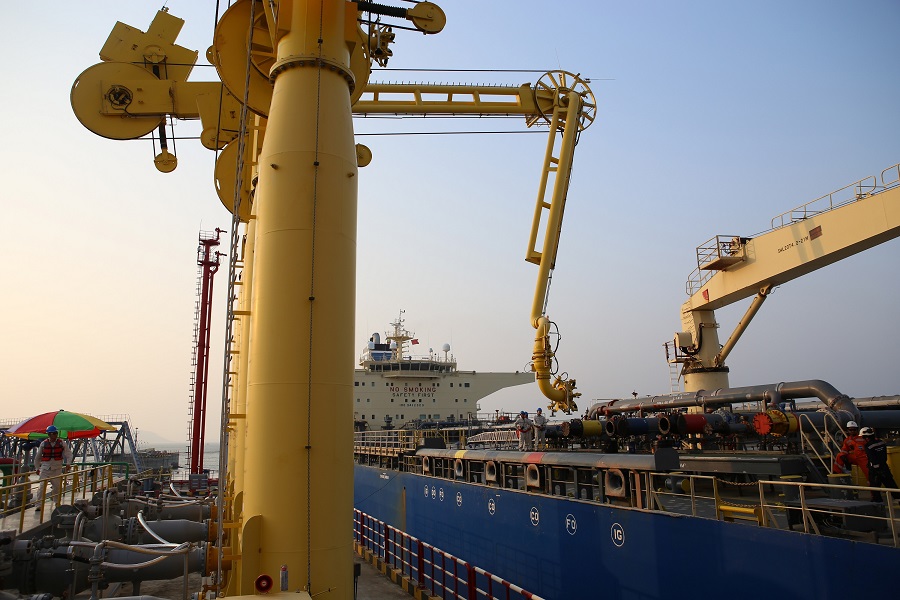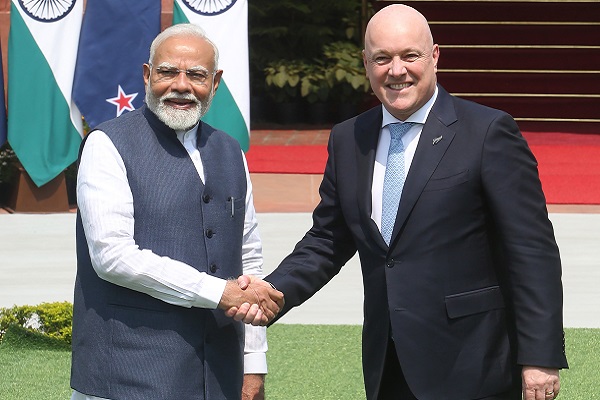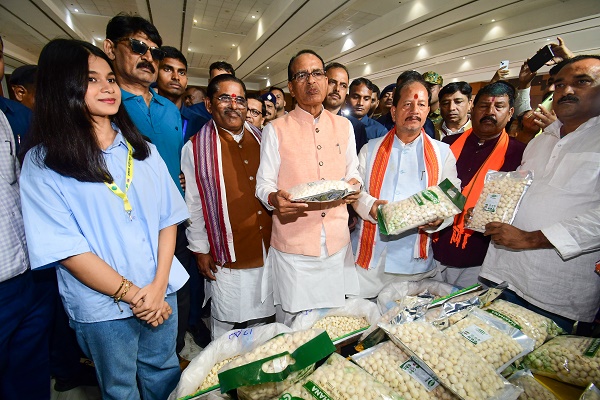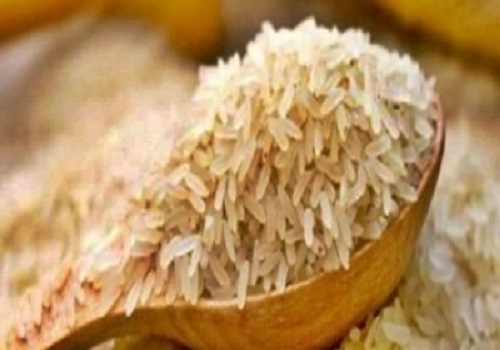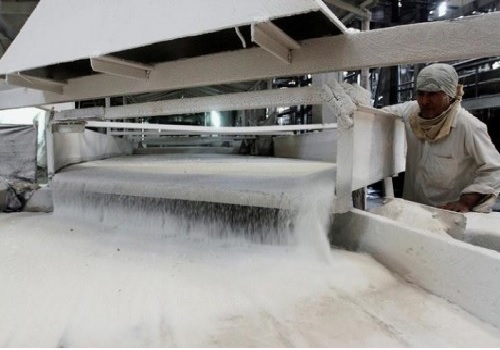Lentil Diplomacy: India's Surging Imports from Canada Defy Political Strains by Amit Gupta, Kedia Advisory
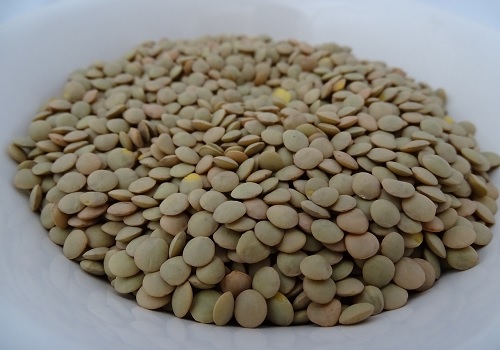
Despite diplomatic tensions sparked by allegations from Canadian PM Trudeau, India's lentil imports from Canada soared by 120% in 2023, reaching 851,284 metric tons. Despite initial concerns, Canadian supplies remained competitively priced, leading to record-breaking imports valued at $1.25 billion. India's reliance on lentil imports persists due to stagnant domestic production, with future projections indicating sustained high demand.
Highlights
Surge in Lentil Imports: Despite diplomatic strains between India and Canada, India's lentil imports from Canada more than doubled in 2023, reaching 851,284 metric tons.
Diplomatic Tensions: Relations soured after Canadian Prime Minister Justin Trudeau suggested potential links between Indian agents and the murder of a Sikh separatist leader in June 2023.
Initial Slowdown: Initially, Indian lentil buyers slowed purchases from Canada due to fears of trade barriers being imposed by either New Delhi or Ottawa.
Competitive Supplies: Canadian lentil supplies remained the most competitive despite higher freight costs. Attempts to find alternatives were largely unsuccessful.
Record Imports: India's overall lentil imports rose by 162% in 2023 compared to the previous year, reaching a record 1.68 million tons, valued at $1.25 billion.
Continued Import Dependence: Despite being the world's biggest producer of pulses, India's domestic production is insufficient to meet its consumption demands, resulting in continued reliance on imports.
Future Outlook: Due to factors like lower rainfall affecting production, it's expected that lentil imports will remain high in the coming years, potentially exceeding 1.3 million tons annually.
Conclusion
The surge in India's lentil imports from Canada amid diplomatic strains underscores the resilience of trade relations and the prioritization of economic interests. Despite political challenges, market forces and supply dynamics have driven this significant increase in imports, highlighting the critical role of global trade in meeting India's growing demand for essential food commodities. Moving forward, efforts to bolster domestic production while maintaining robust trade partnerships will be crucial in ensuring food security and stability in India's pulses market.
Above views are of the author and not of the website kindly read disclaimer













